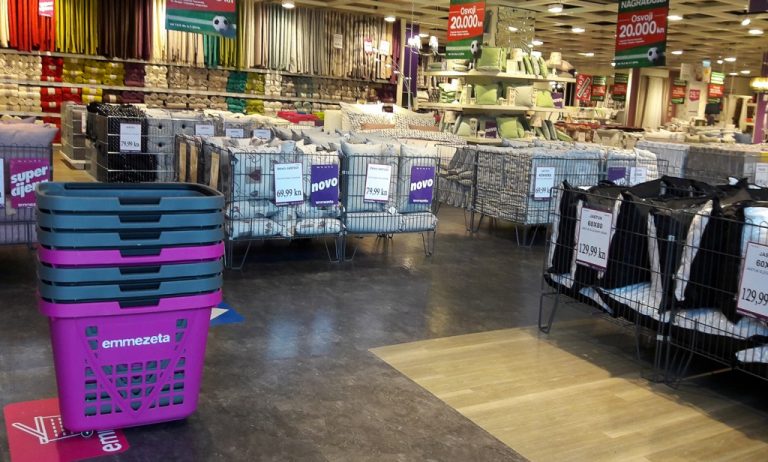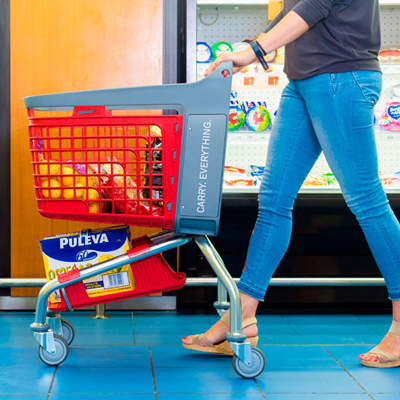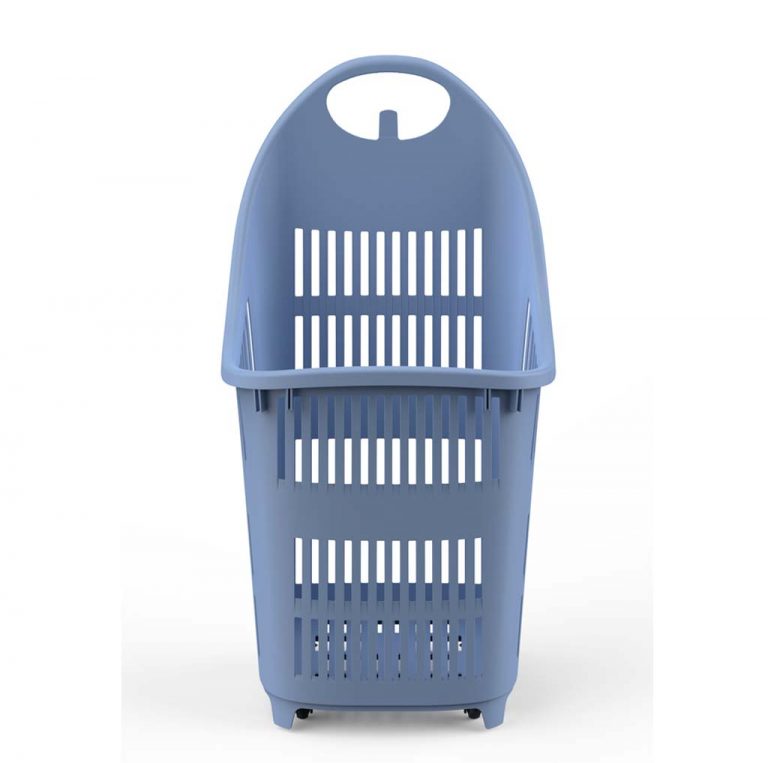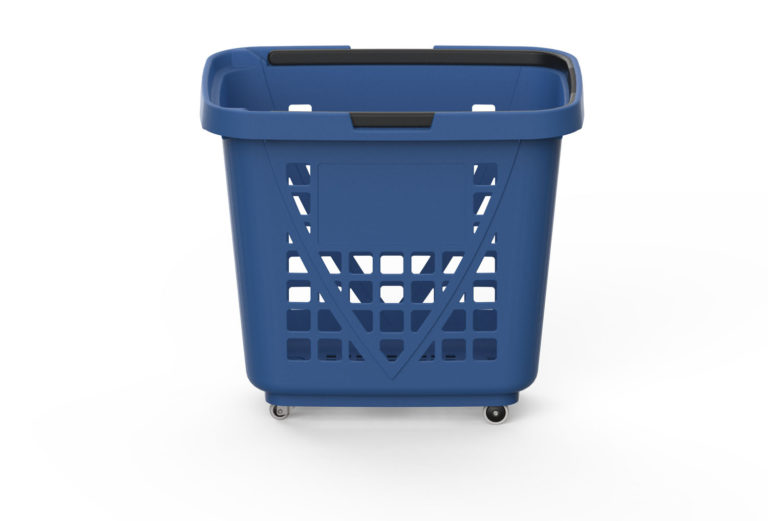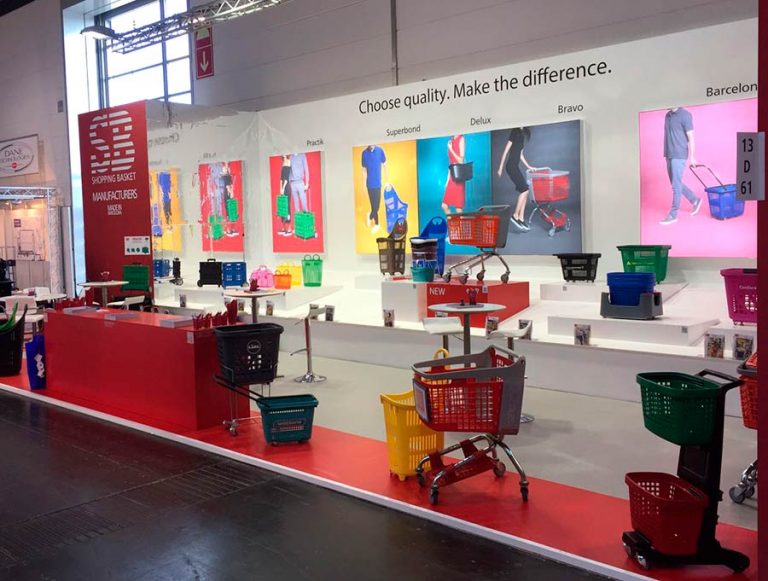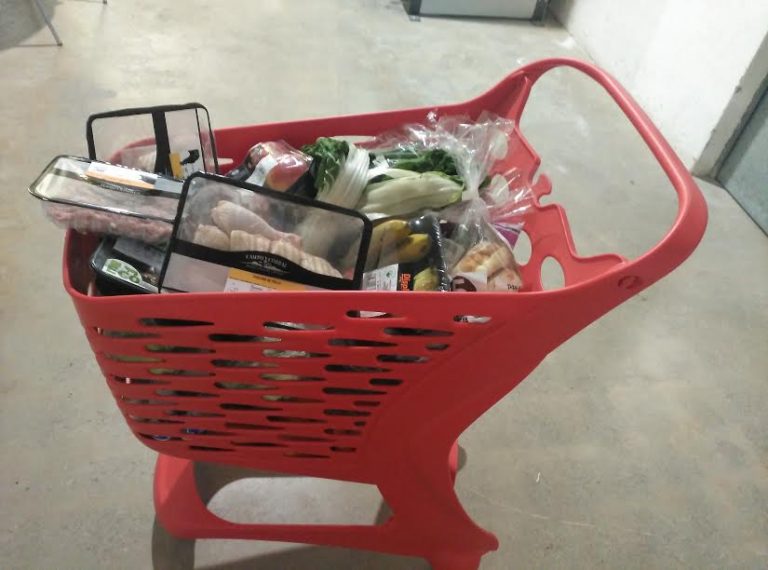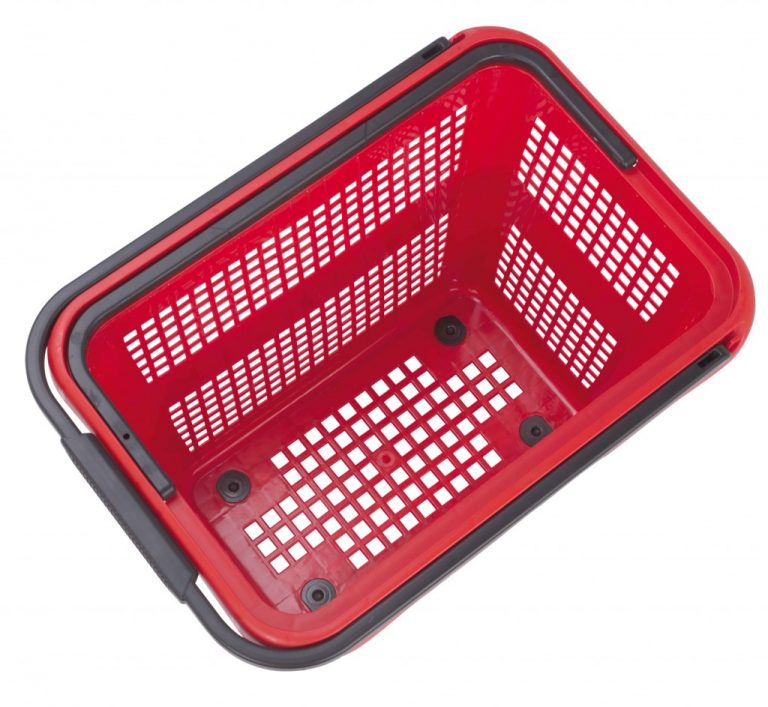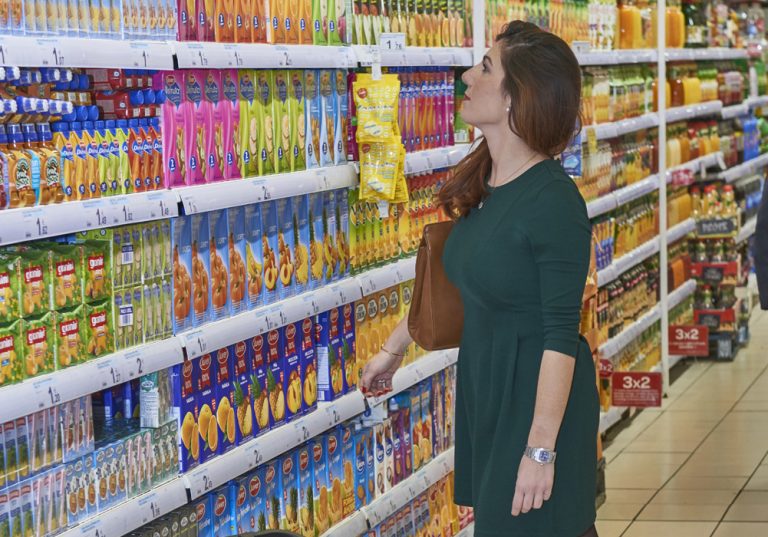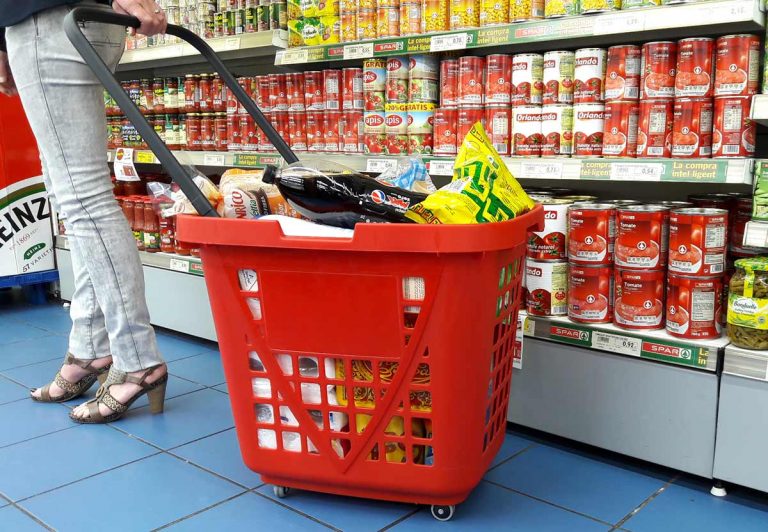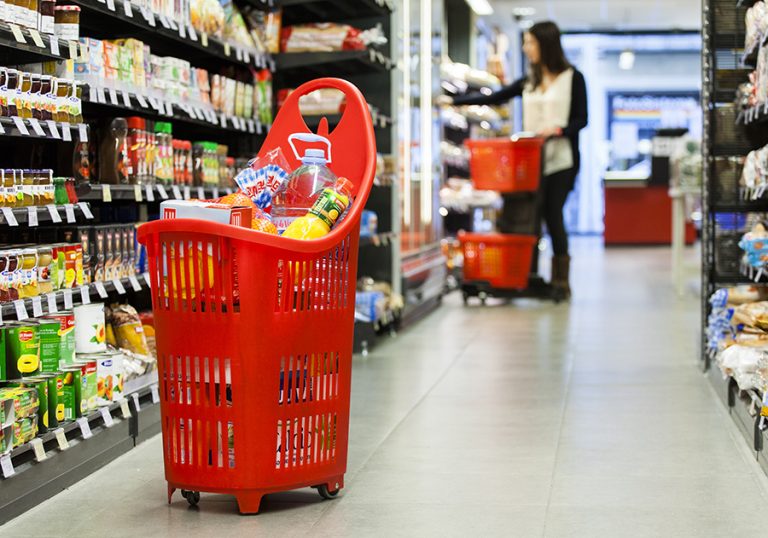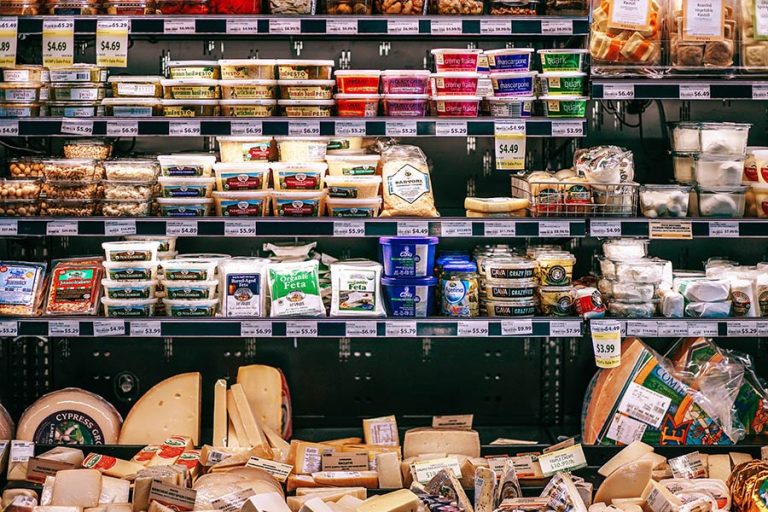In the fast-paced world of retail, supermarket sales strategies, especially when it comes to fresh produce, are undergoing a revolution. With growing demand for fresh food and the need to maintain competitive margins, supermarkets are adapting and redefining their business approaches.
In this article, you will discover how the effective management of fresh products has become a central piece in the supermarket sales strategy. In addition, you will learn how supermarkets are optimizing their strategies to stand out in a highly competitive market.
The Five Critical Dimensions of Fresh Food Success
As demand for fresh produce grows, retailers face significant challenges in achieving satisfactory margin levels in these departments. However, those who want to excel must excel in five critical dimensions.
Value proposal
A retailer’s value proposition in fresh foods is essential to guide all practices and policies in this area. In this sense, it defines how the department is positioned and what distinguishes it in the eyes of clients. Without a doubt, it should be the backbone of supermarket sales strategies.
Commercialization
Effective marketing is essential to attract customers. This includes product presentation, promotions, and advertising strategies that highlight the freshness and quality of food.
Sourcing and supply chain
Determining what products to buy, where to buy them, and how to do it are crucial aspects. Retailers must carefully evaluate their supply chain and look for ways to reduce costs and improve their bargaining power.
Store processes
In-store processes are also key. This factor includes stock management, arranging products on shelves, and training staff to maintain quality and freshness.
Quality management and loss reduction.
Don’t forget that reducing losses is essential for profitability. In this case, you must properly manage unsold products, damaged products, and inventory errors.

Fundamental factors in supermarket sales strategies
There are several aspects that you must take into account for your strategy to be a success and achieve the expected results.
Smart supply
The smart sourcing strategy is based on systematically evaluating suppliers’ prices compared to market prices. Additionally, this strategy must consider product quality, timeliness of delivery, and order accuracy.
Loss reduction: a major challenge
Loss, which includes expired, damaged, and stolen products as well as markdowns, is a common concern for retailers. However, they can be reduced without compromising product availability. This involves identifying opportunities to reduce losses at each stage of the supply chain, from supplier to store.
Fact-based ordering and space reallocation
Ordering processes are often ad hoc at many retailers, leading to inefficient purchasing. Implementing algorithms that consider current stock, anticipated sales, and stock levels required for in-store presentation can improve efficiency and reduce shrinkage.
On the other hand, allocating shelf space is key. Many times, products are overstocked based on personal preferences rather than actual demand. Redesigning space allocation based on demand will increase in-store efficiency.

Aligning strategies with consumer demand
The key to success in managing fresh products in supermarkets lies in understanding and satisfying consumer preferences. Every day, customers look for fresh foods that meet their needs and expectations. And this is where a smart sourcing and marketing strategy comes into play
Leading supermarkets conduct extensive consumer research and use this data to refine their product specifications. In this way, they identify which fresh products most influence customer perception and can optimize their shopping experience.
The importance of performance measurement and management
Finally, it is essential to measure and manage the performance of all these strategies. Clear key performance indicators, frequent dialogues, and monitoring tools are critical to sustained success. Additionally, it is crucial to foster a culture of performance throughout the organization.
Supermarket sales strategies are evolving towards a more focused approach to efficiency and intelligent management of fresh products. With the correct implementation of sourcing strategies, loss reduction, and process optimization, supermarkets can not only stay competitive but also increase their margins and meet customer demands. Without a doubt, performance management and a culture of continuous improvement are key to lasting success in this changing retail landscape.
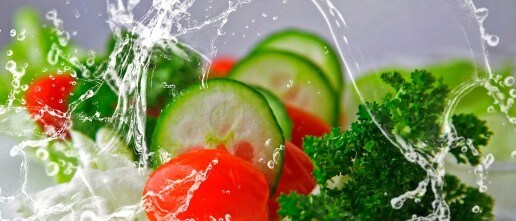
 Sign up for our newsletter and be the first to receive our articles!
Sign up for our newsletter and be the first to receive our articles!
